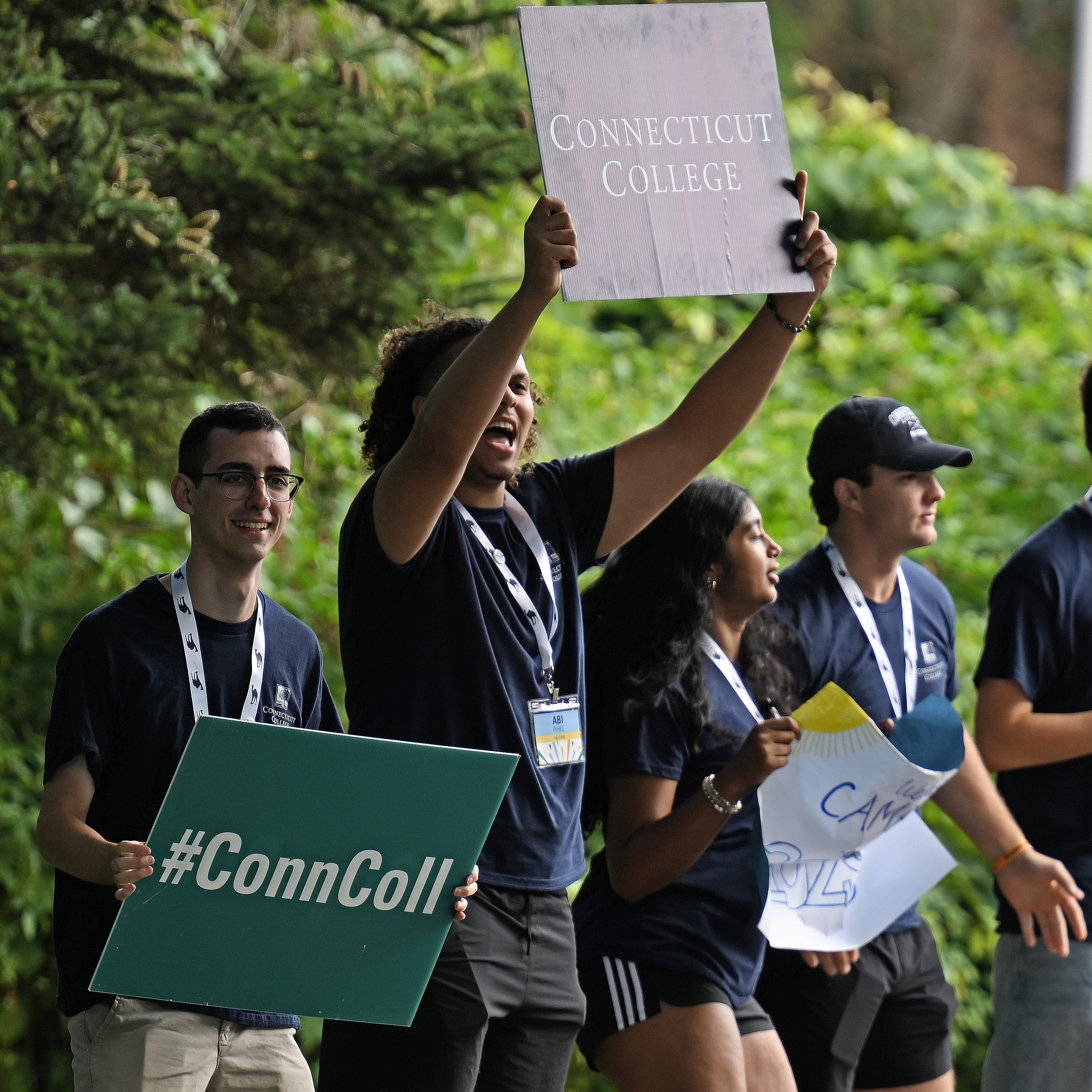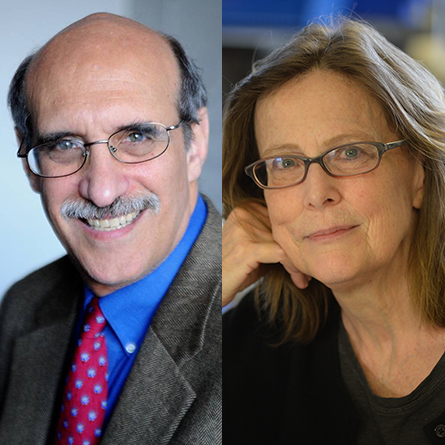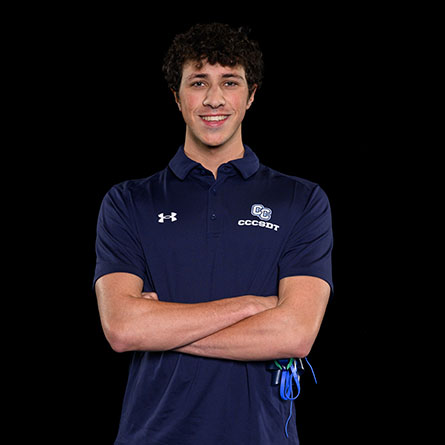
Renowned biologists to give Commencement address
Renowned developmental biologists Martin Chalfie, a 2008 recipient of the Nobel Prize in Chemistry, and Tulle Hazelrigg will deliver a joint keynote address at Connecticut College’s 101st Commencement on May 19.
Chalfie and Hazelrigg are professors of biological sciences at Columbia University, where their research has focused on putting into action one of the most important scientific techniques of our time: the use of fluorescent proteins for investigating cell propagation and development. Chalfie’s interest in a transparent nematode inspired him to develop the now ubiquitous fluorescent proteins that led to his 2008 Nobel Prize in Chemistry. Professor Hazelrigg’s research on drosophila proved for the first time that green fluorescent protein could be used as a fusion protein without losing protein activity.
The work of Chalfie and Hazelrigg has informed the research of some of Connecticut College’s own faculty and students, including professors Bruce Branchini and Marc Zimmer. Zimmer, a computational chemist and the Jean C. Tempel ’65 Professor of Chemistry, has focused his work on the many different applications of Green Fluorescent Protein (GFP). In 2008, Zimmer was invited by the Royal Swedish Academy of Sciences—the organization responsible for awarding the Nobel Prize—to answer questions about GFP and the scientists who pioneered its study, including Professor Chalfie. Later that year, when the Academy awarded the Nobel Prize in Chemistry to Chalfie and two other GPF researchers, the official announcement included a link to Zimmer’s website.
“We are pleased to feature, for the very first time in our history, two speakers giving a joint address to mark the accomplishments of the Class of 2019,” President Katherine Bergeron said in a message to the campus community.
As part of the Commencement ceremony, Chalfie and Hazelrigg will each receive a doctor of humane letters honoris causa, an honorary degree that reflects their significant achievement in the advancement of scientific knowledge as well as their commitment to the values that animate the College’s mission of putting the liberal arts in action.


